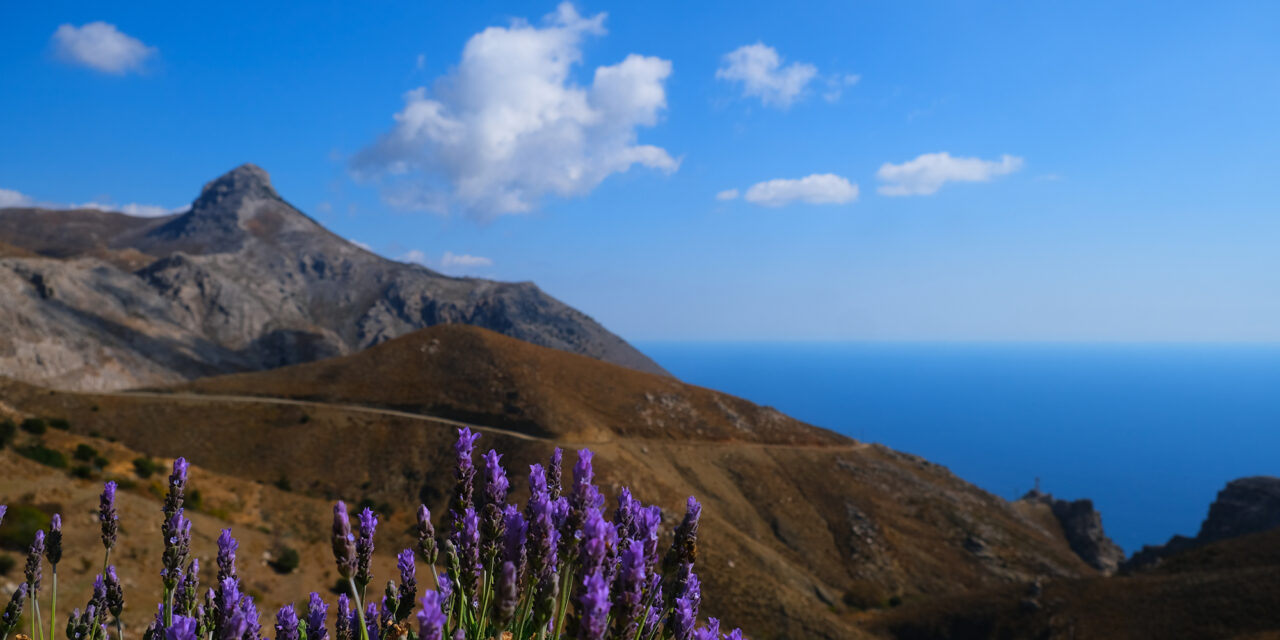In September 2022, MIO-ECSDE kick-started a one-year-long project entitled “Monitoring marine litter and generating fit-for-purpose data through a participatory science approach in Asterousia Biosphere Reserve” funded by UNESCO and the abrdn Charitable Foundation. The project entails actions focused on improving the marine litter knowledge base and evidence in the Biosphere Asterousia Reserve, strengthening its management plan with tailored-made marine litter prevention and mitigation measures and innovative solutions, educating and engaging local communities (in particular youth) in generating fit-for-purpose marine litter data through a participatory science approach.
Together with MEdIES, the Hellenic Marine Research Centre (HCMR), the University of Crete and its Museum of Natural History, MIO-ECSDE seeks to provide a concrete showcase of how community-based research can deliver the “Science We Need for the Future We Want”, within the context of the UN Ocean Science Decade and the Ocean Literacy Framework.
The project is implemented within the framework of an initiative undertaken by UNESCO and the abrdn Charitable Foundation entitled “Promoting sustainable development through UNESCO’s programmes and sites”. Running over 3 years, the initiative focuses on promoting a more sustainable and climate-neutral Europe by working through research and education, with the goal to develop innovative solutions to environmental and climate change challenges in selected UNESCO sites, 5 per year. Following a comprehensive selection process, the first set of 5 sites was selected for this year, among which the Asterousia Biosphere Reserve and MIO-ECSDE’s project. The initiative was officially launched on the 21st of September at the Venice-based, UNESCO Regional Bureau for Science and Culture in Europe, which brought together the donors and the grantees.
Ana Luiza M. Thompson-Flores, Officer-in-Charge of the UNESCO Regional Bureau for Science and Culture in Europe, said: “I am delighted to witness today the start of this innovative public-private partnership implemented in UNESCO’s designated sites. I am sure that the fantastic projects relating to biodiversity, water and the ocean we have heard about today will have a great impact on the sustainability of these sites, which we see as pilots for the implementation of the SDGs.”
Amanda Young, Chief Sustainability Officer, abrdn, added: “We’re thrilled to be supporting such important projects, all of which are driving the promotion of a more sustainable and climate neutral world. Tying the research being carried out at each site to themes aligned with the SDGs is important. This multilateral approach will be crucial to ensure equitable development and environmental sustainability – themes that are being brought into sharp focus by spiralling impacts of climate change.”
Read more here
